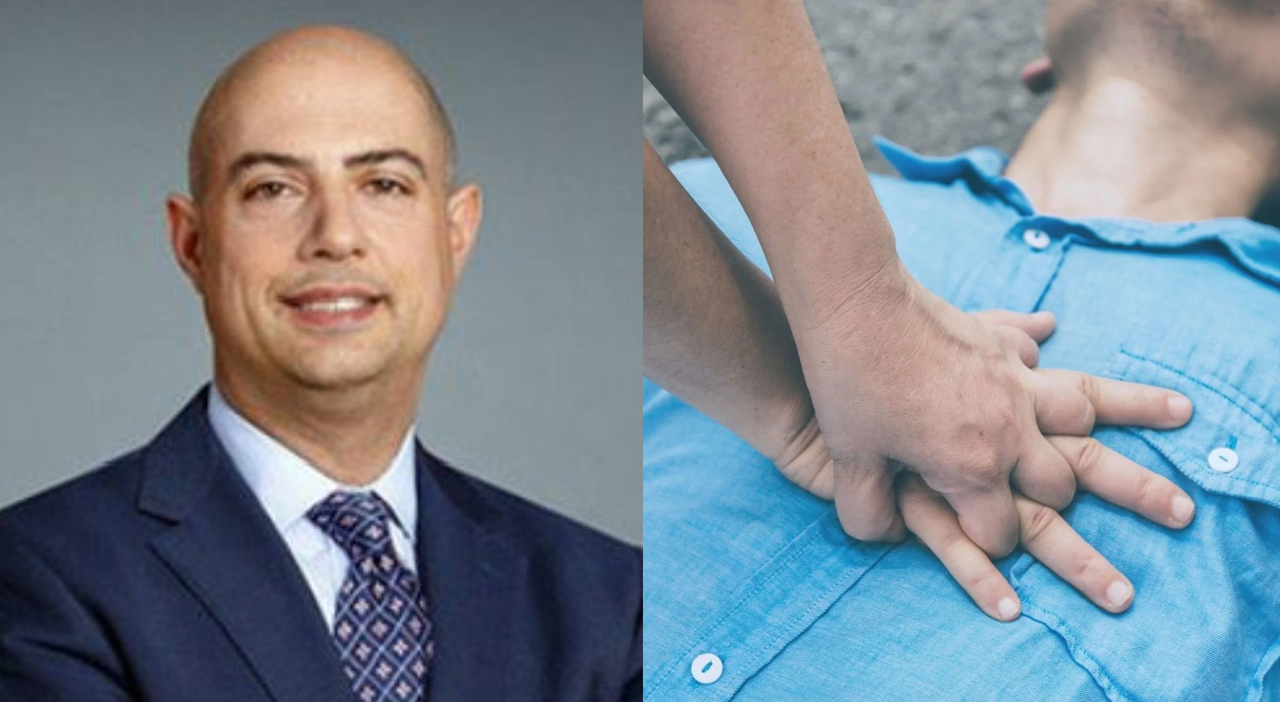Many people see death as the final experience of their life. Thanks to advances in the science of resuscitation and intensive care medicine, hypotheses have been developed regarding whether death is truly the last “definitive” form of life. Sam Parnia, director of the division of infectious disease research at New York University spoke about his research on the science of resuscitation.
INSIGHTS
Why are more and more young people getting cancer? Peaks all over the world, there is alarm: «Mortality on the rise»
The death
According to Sam Parnia, death occurs when the heart stops beating: «We call this death according to cardiopulmonary criteria and this is how death is defined for over 95% of people. A person stops breathing and his brain shuts down, causing the cessation of all vital processes. More recently, with the rise of modern critical care medicine and the ability to artificially make people’s hearts beat, doctors like me can make a patient’s heart beat longer. Where people may have suffered irreversible brain damage and brain death, this leads to a situation where the brain is dead, but the person’s heart is still beating, so legally they are declared dead based on irreversible brain death or death under criteria of brain death. This happens in a small fraction of cases where people are declared dead. For millennia, death was considered an irreversible event and nothing could restore life. Over the past decade we have realized that it is only after a person’s death that the cells in their body, including the brain, begin their dying process. We once thought there were five or ten minutes before brain cells died from lack of oxygen, but now we know that’s wrong. You have hours, if not days, before the brain and other organs in the body are irreversibly damaged after death. It is actually the restoration of oxygen and blood flow to organs after a person’s heart stops, but is then resuscitated, which paradoxically leads to accelerated cell death. So, this accelerated process of secondary damage is what we need to fight now in medicine.”
Death experience
The doctor believes that using the term “near-death experience” is inconsistent with what people actually experience. In fact, he talks about the experience of death, bringing his own analysis: «I call it “death experience” because that’s what it’s about. People report a unique cognitive experience in relation to death. They may have the perception of seeing their body and the doctors and nurses trying to resuscitate them, but they feel very calm as they watch. Some report realizing they may actually be dead. They then develop the perception or sensation of being attracted to a type of destination. During the experience, they review their lives from birth to death, and interestingly, this review is based on their humanity. They don’t review their lives based on what people aspire for, like a career, promotions, or a great vacation. Their perspective is focused on their humanity. They note episodes in which they lacked dignity, behaved inappropriately towards others or, on the contrary, behaved with humanity and kindness. They relive these moments over and over again, but the fascinating thing, which kind of blows my mind because I can’t really explain it, is that they also describe these experiences from the other person’s point of view. If they caused pain, they feel the same pain that another person feels, even if they didn’t realize it at the time. They actually judge themselves. They suddenly realize why their actions were good or bad, and many say they see the downstream consequences of their actions.”
Brain cells
Sam Parnia concludes by saying that although researchers propose that mind or consciousness is produced by brain activity, they have failed to demonstrate that in some cases (after death), brain cells can generate thoughts or consciousness: «Traditionally, researchers had proposed that the mind or consciousness – our self was produced by organized brain activity. However, no one has ever managed to demonstrate how brain cells, which produce proteins, can generate something so different, namely thoughts or consciousness. Interestingly, no plausible biological mechanism has ever been proposed to explain this. Recently some researchers have begun to raise the question that perhaps your mind, your consciousness, your psyche, what makes you, may not be produced by the brain. The brain might act more like an intermediary. It’s not a brand new idea. They argued that we have no evidence to show how brain cells or brain cell connections can produce your thoughts, your mind, or your consciousness. The fact that people appear to have full consciousness, with clear, well-structured thought processes and memory formation from a time when their brains were highly dysfunctional or even non-functional is baffling and paradoxical. I agree that this raises the possibility that the entity we call mind or consciousness may not be produced by the brain. It is certainly possible that there is another layer of reality that we have not yet discovered that is essentially beyond what we know about the brain and that determines our reality. So, I believe it is possible that consciousness is an undiscovered scientific entity that may not necessarily be produced by synaptic activity in the brain.”
© ALL RIGHTS RESERVED
